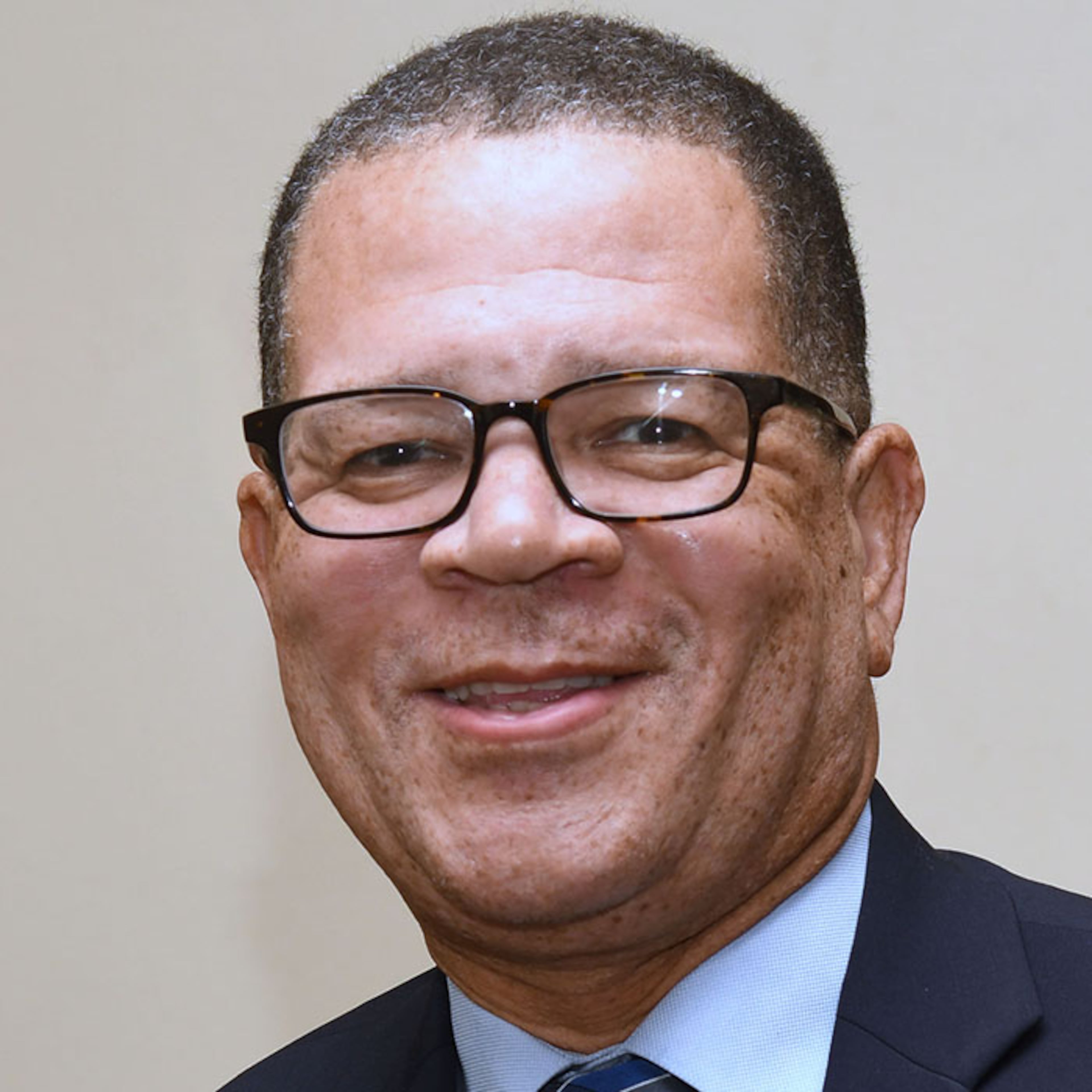We can’t let Trump dismantle college DEI efforts

In a nation that prides itself on being a melting pot of cultures, beliefs and identities, the principles of diversity, equity and inclusion are not merely buzzwords; they are essential to the fabric of American society, particularly in higher education.
We stand at a critical juncture. With Donald Trump reelected president, the calls to dismantle DEI initiatives in our colleges and universities are more threatening than ever. We must recognize that the fight for DEI is not just about race; it encompasses a broader spectrum of society, including veterans, individuals with disabilities, first-generation college students, the LGBTQ+ community and women — many of whom are white.

The preservation and promotion of DEI must be championed, not only for the sake of marginalized groups but also for the enrichment of the entire educational landscape.
The roots of American higher education trace back to institutions such as Harvard and Yale, founded centuries ago to educate a select few: white males of privilege. This exclusivity contributed to the groundwork for systemic inequalities that persist today. The emergence of DEI initiatives, an outgrowth from the activism of the Civil Rights Movement of the 1950s and 1960s, was a response to this inequity. Federal legislation, including the Civil Rights Act of 1964, aimed to diversify college enrollments, creating pathways to better professional careers for Black students and other underrepresented groups.
Jonathan Kozol’s “Savage Inequalities” addresses the ways that inequality persists in the American educational system, and he powerfully illustrates that access to quality education is intrinsically linked to social and economic mobility. He further argues in his book that the best educational institutions provide more than just knowledge; they serve as gateways for members of underrepresented groups to obtain higher-paying jobs, afford to live in better neighborhoods and have an improved quality of life.
Today, however, DEI has become politicized, especially by figures on the far right, including Florida Gov. Ron DeSantis, who has made anti-wokeness a cornerstone of his political agenda. This movement, which seeks to dismantle the very principles of DEI, is not just an attack on specific policies; it is also an assault on the fundamental idea of inclusion in a diverse society. Trump amplified this rhetoric, threatening to retaliate against colleges and universities that uphold DEI initiatives. These misguided threats jeopardize the future of higher education and, by extension, the future of our nation.
I take the assault on DEI personally. As a graduate student matriculating at Yale University in the late 1980s, I experienced firsthand that the presence of diversity enhances the quality of education for all students. I was a Southern Black man who did my undergraduate study at Morehouse College, a historically Black college. I brought a unique perspective to a small, diverse student body, which fostered a richer learning environment at Yale, one that promoted critical thinking and an acceptance of diverse opinions.
The notion that DEI initiatives threaten the integrity of higher education is patently false. Exposure to differing perspectives encourages innovation and creativity, qualities that are invaluable in today’s interconnected world. When students engage with peers from various backgrounds, they develop empathy, understanding and the ability to navigate complex social dynamics — skills that are essential for effective leadership in any field.
Moreover, DEI is a moral imperative that holds our nation accountable to its foundational creed of equality. The United States was built on the promise of opportunity for all, yet systemic barriers continue to hinder access to education for many. By dismantling DEI initiatives, we risk perpetuating a cycle of inequality that has persisted for generations. The fight for equity in education is a necessary endeavor to uphold the values on which this country was founded.
U.S. Rep. Steven Horsford, D-Nev., chair of the Congressional Black Caucus, recently sounded the alarm about the politicalization of DEI and the misconceptions and misinterpretations being used to undermine it in higher education. In his words, there is a “misleading narrative” and a dire need for action. Therefore, the current political climate necessitates a united front in defense of DEI in higher education. Students, educators and advocates must rally to articulate the benefits of diversity and inclusion. We must challenge the fallacies presented by those who seek to undermine DEI initiatives by demonstrating how a commitment to these principles benefits everyone. Institutions should be encouraged to implement robust DEI programs that go beyond superficial measures, fostering an environment where all individuals feel valued and heard.
As we face the potential dismantling of DEI initiatives under the new administration, we must reaffirm our commitment to inclusion and equity in higher education. I believe we must mobilize to protect and expand DEI initiatives in higher education, ensuring that our colleges and universities remain bastions of opportunity for all. The future of our nation depends on it. The fight for DEI is not only about creating a more just society; it is about enriching our educational experience, fostering innovation and preparing future leaders. We must stand together, championing diversity, equity and inclusion as a policy and as a guiding principle for a better America.


